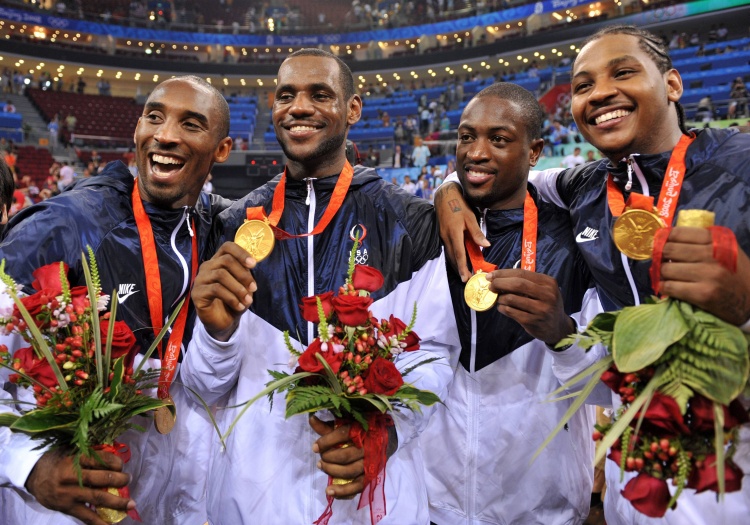
Translator's note: The original text was published on the NBA official website. The data in the article were as of the time of the original text (September 1 local time). The dates and times involved were all local time
In terms of nicknames, the nickname of the American men's basketball team in 2008 - "Redification Team" - is still slightly inferior to the eternal classic 16 years ago. The collection of NBA geniuses in 1992 can be said to be the greatest lineup in any professional sports, and has been called the "Dream Team" from the very beginning.
From Michael Jordan and "Magic" Johnson to Larry Bird, Charles Barkley, Carl Malone, John Stockton and the rest of the members, their lineup is almost not only All-Stars and later Hall of Fame members, but also legends from top to bottom. The league's first foray into the Olympics, destroying a series of opponents who were shocked by the star's halo, causing a sensation in Barcelona and making any idea of a sequel look stupid and ridiculous. Jordan, Johnson, Bird and others are truly unique.
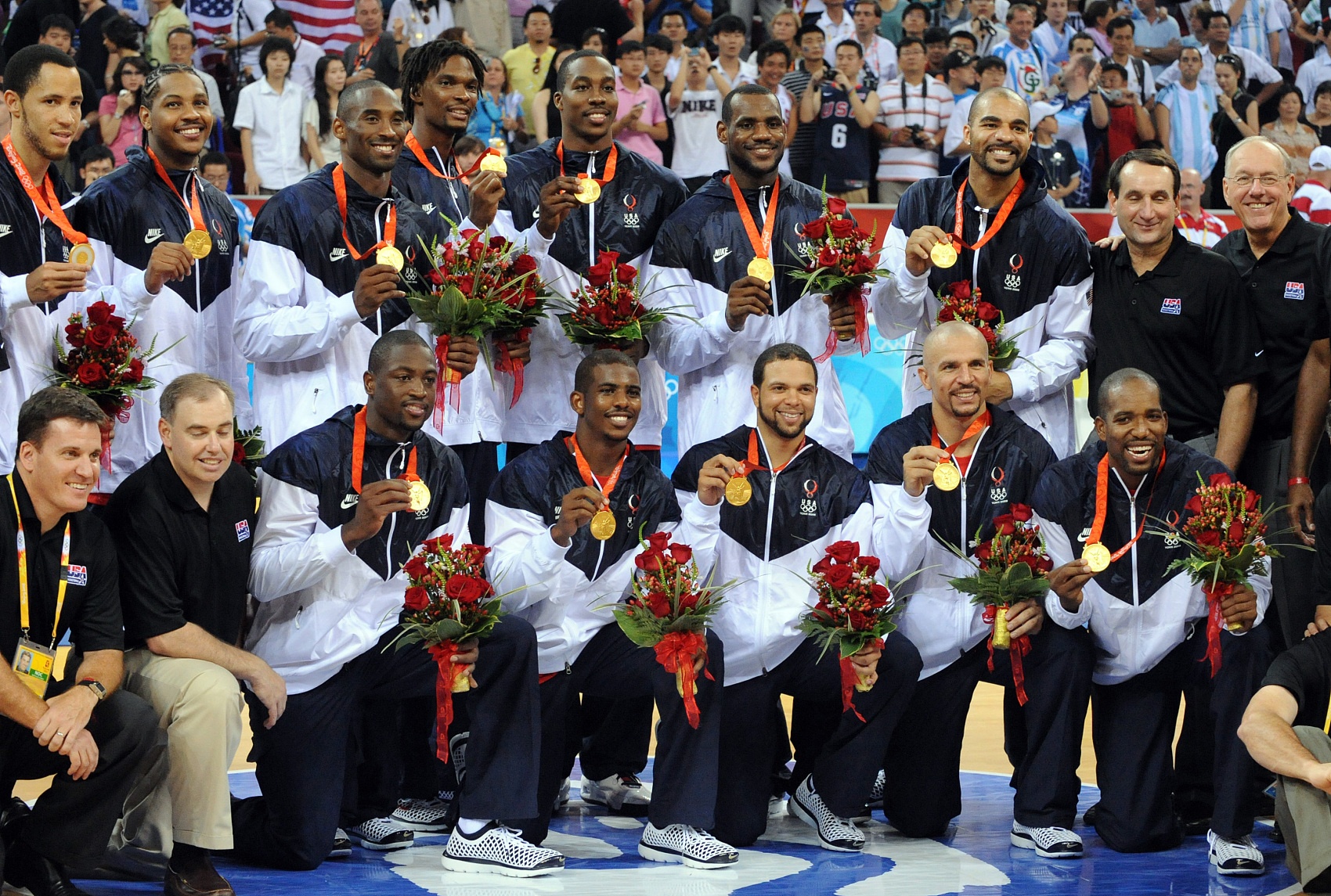
However, this weekend will be inducted into the "Reden Team" of the Nai Smith Basketball Hall of Fame as the team, and may face a more difficult task than the 1992 team. What the first team was asked to do was simply to show the superiority of American basketball on a stage where the United States had been sending amateur players to participate. The advantages of the world's top national team in player development and lineup continuity have become increasingly large, so that it is impossible to defeat them by hastily forming a team of college players every four years.
And the 2008 team was centered on Kobe Bryant, LeBron James, Dwyane Wade, Cameron Anthony and Jason Kidd. Their mission was to lead the U.S. men's basketball team out of a disturbing trough, which included not only the last Olympics (the stunning defeat at the 2004 Athens Olympics), but also the embarrassing setbacks at the 2002 and 2006 FIBA World Championships. After winning gold medals in 1992, 1996 and 2000, NBA stars finished only sixth in the 2002 World Championships, and then won bronze medals in the 2004 Olympics and the 2006 World Championships.
"I still think we are the best and are role models for the world, but other countries are catching up," Hall of Fame coach George Carl said after losing to the 2002 Indianapolis World Championships, when the U.S. men's basketball team lost to Argentina, the former Yugoslavia and Spain in four days. "They beat us and beat us at our doorstep. We have to take the hat off their hats." Another widely circulated phrase by Carl was his emotional comment after his worst performance in the U.S. men's basketball team. "The NBA's money and greed," he said, "has this affected our competitive nature? Yes, you can write that."
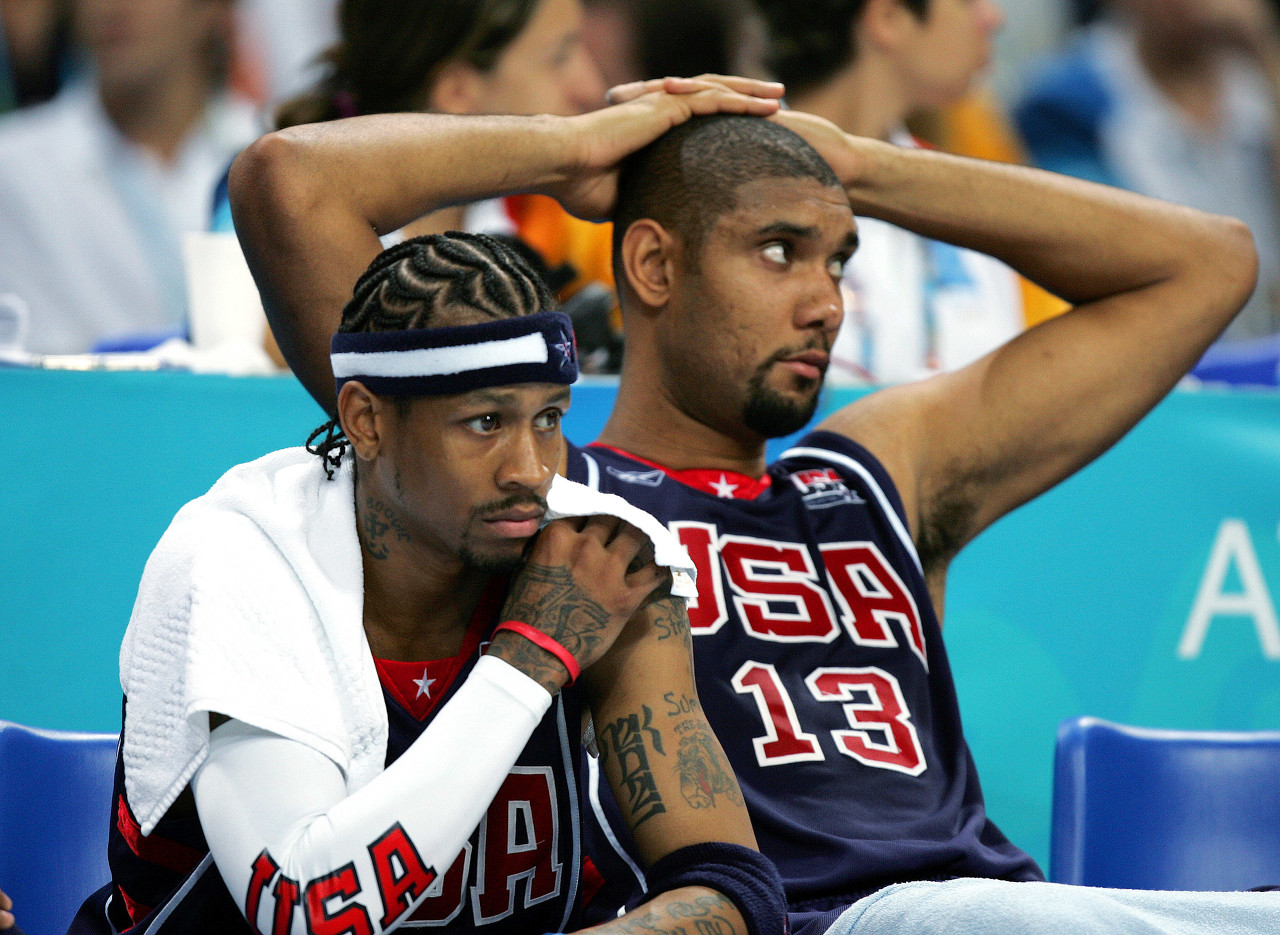
However, things got worse before they got better.
In 2004, head coach Larry Brown brought Athens to the lineup plagued by injuries or other schedule conflicts. Of the 12 American men's basketball players who won the 2003 FIBA Cup America Championship, nine did not participate in the Olympics a year later. Only Tim Duncan, Allen Iverson and Richard Jefferson remained. The experienced players at their peak and experienced were not played.
Therefore, the final roster is biased towards younger age, including James, Wade and Anthony who have just finished their rookie season. Coach Brown once led the Sixers to the 2001 NBA Finals with his "playing in the right way" philosophy, and then imposed the idea on the Olympics' temporary patchwork stars and limited the playing time for young players. The arrogance that just gathers 12 NBA players can beat the world was quickly shattered. In the 2004 opening game, the Puerto Rico Men's Basketball Team defeated the American Men's Basketball Team 92-73. This is a signal for other national teams that an opponent who was once invincible can also be defeated. Six days later, it was Lithuania's turn. Then came Argentina, with Spurs defender Manu Ginobili leading an experienced and cohesive team to win 89-81, keeping the Americans out of the finals.
"That scene was painful," Wade said, "and it was painful to be in it."
Sources said that David Stern, then the NBA president, was almost going to get NBA players out of international games at the time. However, Stern eventually turned to Jerry Colangelo, who was once the general manager and boss of the Suns, with the US men's basketball team. At that time, Colangelo had just sold his team and was looking for new challenges. He found out, and he accepted the role of the American men's basketball supervisor on the condition that he had autonomy over the choice of coaches and players. What is
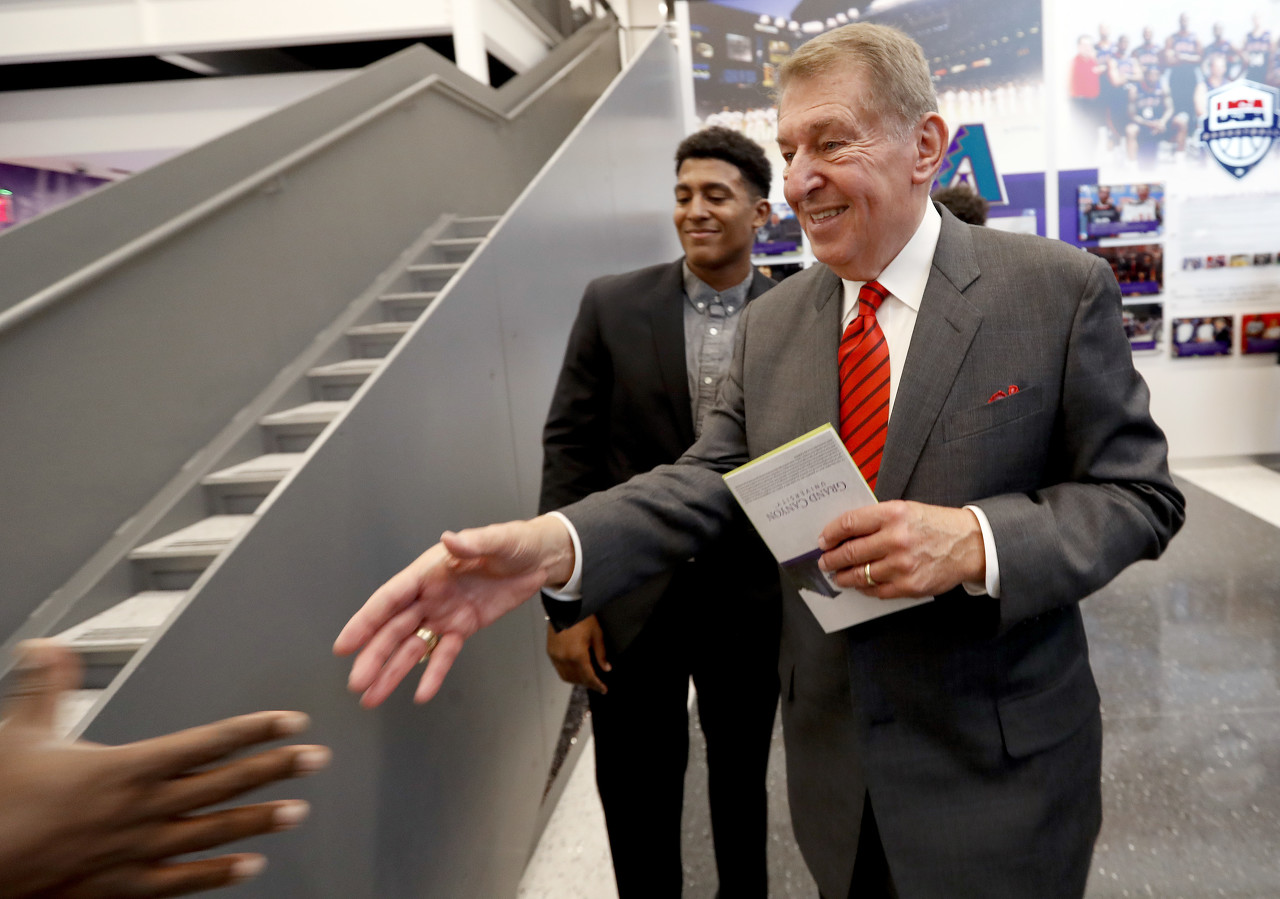
Colangelo's plan? Address the problem of insufficient lineup continuity by ensuring NBA stars make three years of commitment. His credibility and persuasion played a role, creating a snowball effect where players were eager to be invited. Kobe signed to join, Kidd returns, and four young players who were part of the 2004 shameful battle - James, Wade, Anthony and Carlos Boozer - now have a chance to make up for the mistake.
This "Redification Team" faces a more severe challenge than the "Dream Team", partly because the latter has done a great job in boosting the sport and the league's popularity around the world. The national teams in 2008 had many NBA players, which made the opponent stronger, and the rules and game style of FIBA also forced the US men's basketball team to make adjustments.
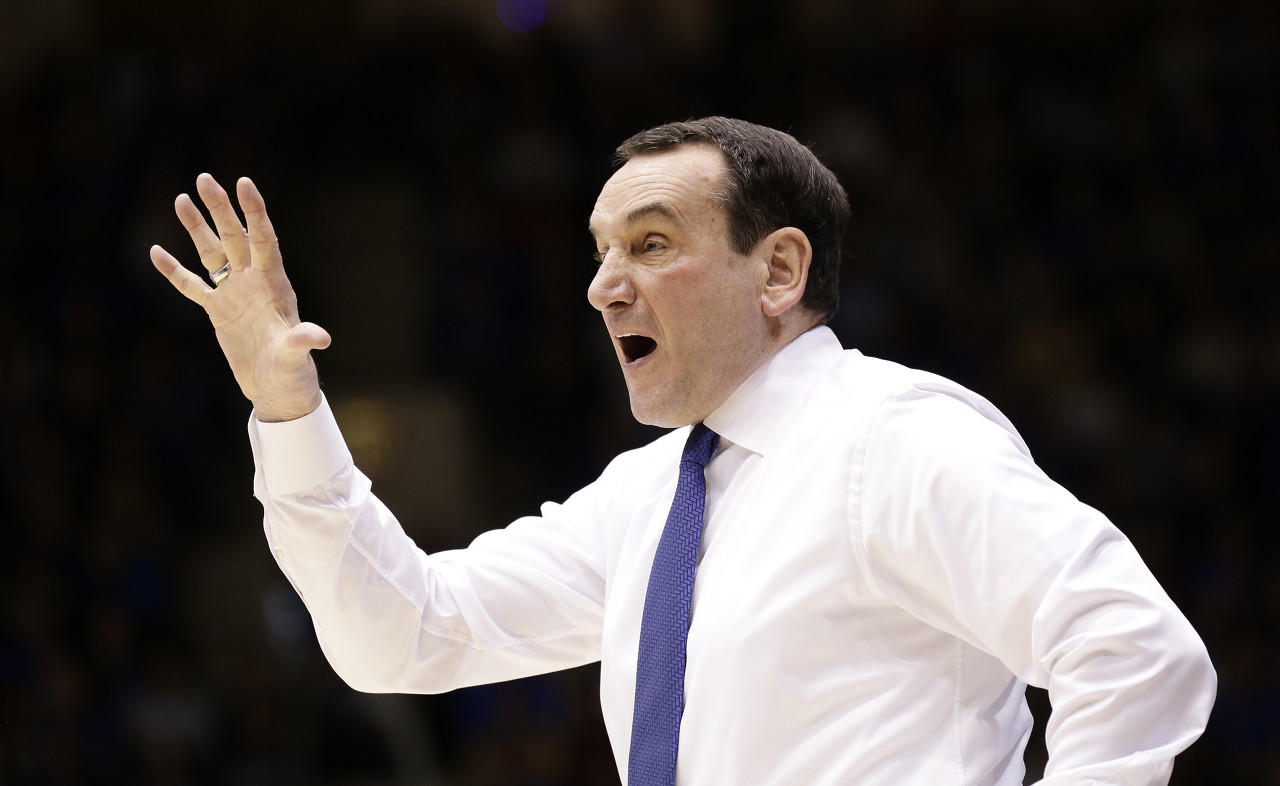
Colangelo chose Duke coach Mike Shashevsky to coach, instead of Spurs coach Greg Popovich. Shashevsky's past performance in creating disciplined and selfless basketball seems crucial to shaping the new policy of the American men's basketball team. Leading a group of NBA stars worth tens of millions (some of whom have never even played college basketball) may be difficult, but what is even more daunting is the cultivation of comradeship and humility among these people.
"We have to be committed to each other before we can work on the team," Shashevsky said in an early stage. "No one can 'pick a team', you pick people and hope they can be a team." The blow to Greece in the 2006 World Championship semi-finals was heavy, but Shashevsky and his team saw it as part of the learning curve. Kobe joined in the summer of 2007 and allegedly told Anthony that “I’m tired of watching you lose” and brought a sensation to the team.
The Lakers legend's career at that time had entered a deeper stage, and he was a few years older than James, Anthony, Wade, Chris Paul, Chris Bosh and others. He was Jordan of that generation, a loner who also had some team and personal burdens. 2008 was his first Olympic experience, and he set the tone for the team by being willing to defend, grab 55 goals and working harder than anyone else with 5 a.m. training.
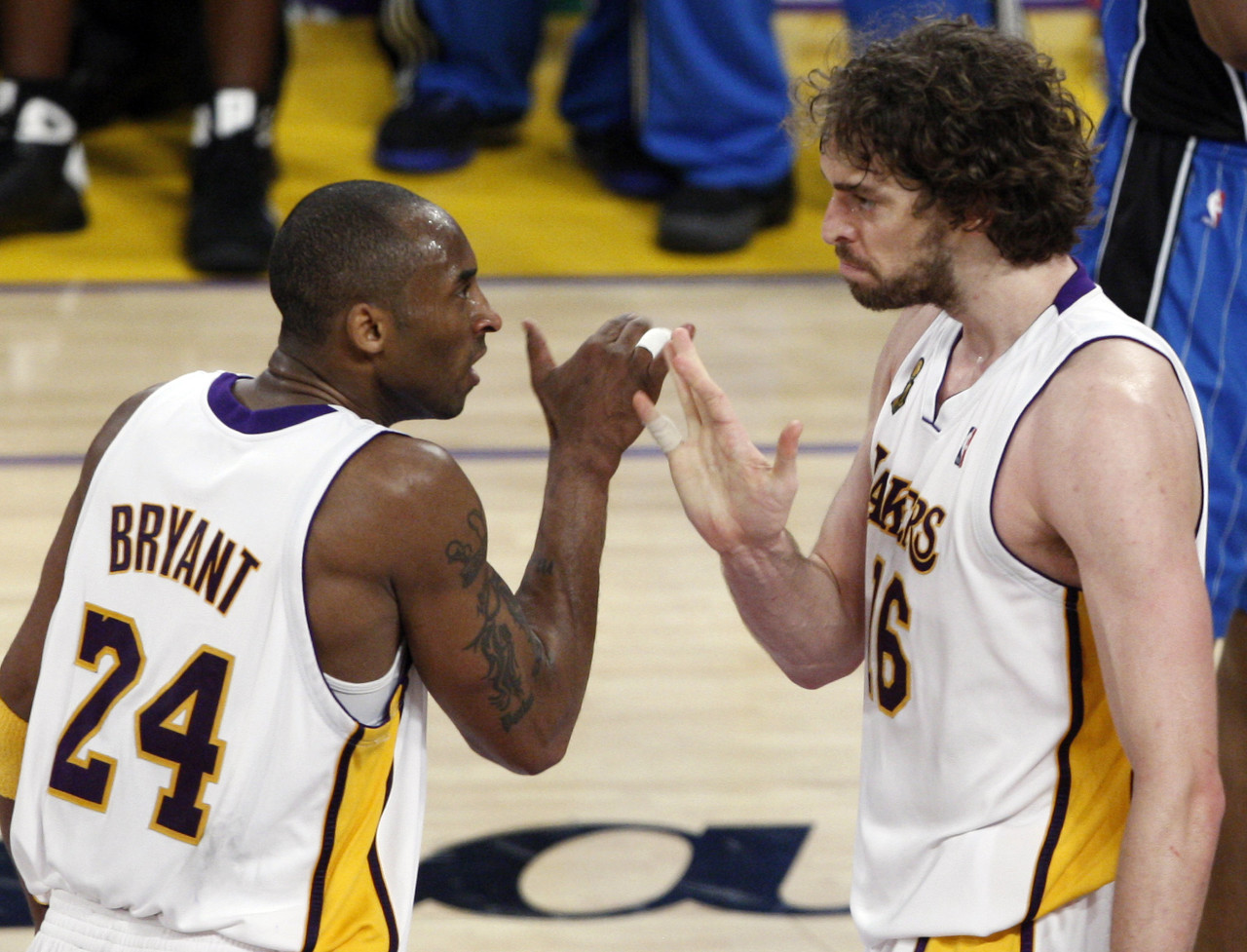
In a warm-up match against Spain, Kobe surprised his teammates in the first minute of the game, and he vowed to find a chance to knock down his Lakers teammate Paul Gasol at the beginning, and he did.
On that day, the US men's basketball team defeated Gasol's team with a 37-point advantage. They then avenged a revenge on Argentina in 2004, defeating them by 20 points - and a staggering Ginobili. In the first half of the gold medal battle against Spain, Kobe and James' premature foul trouble pushed Wade to the center stage. Then, Kobe pushed their offensive at a critical moment and finally defeated Spain 118-107.
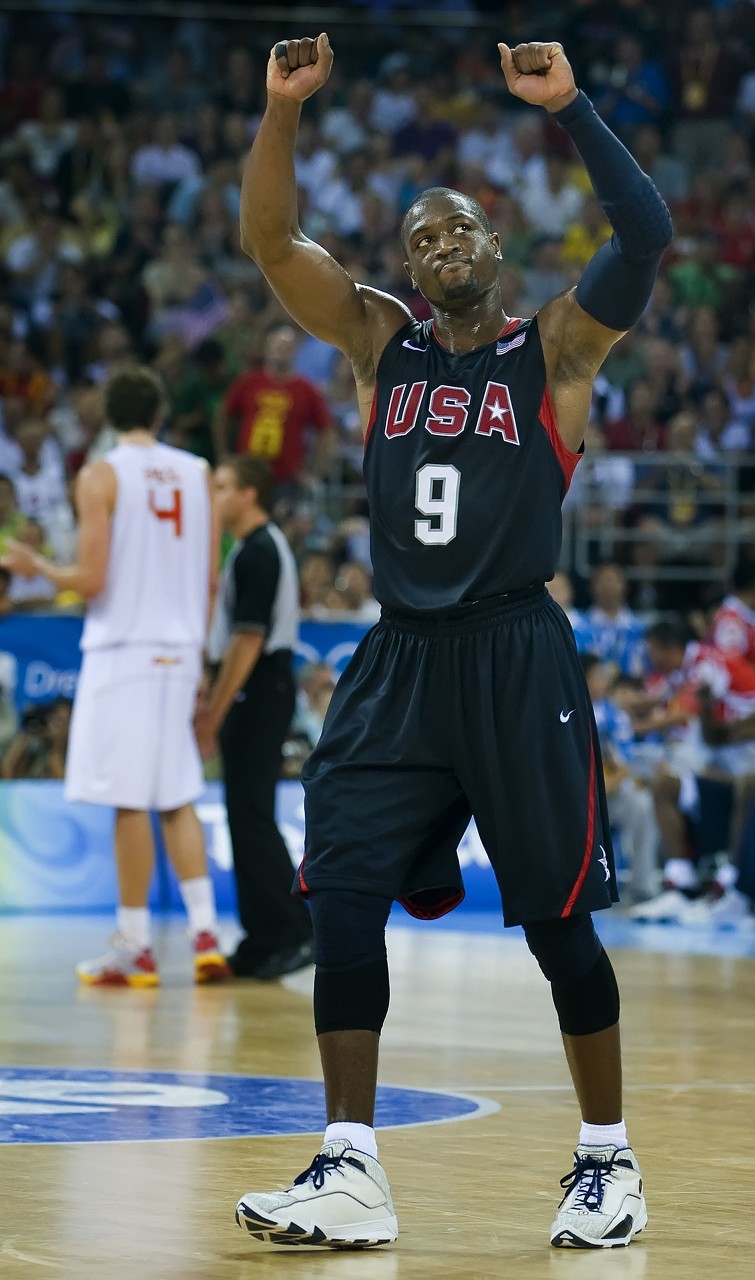
This time, Wade shined and led the US men's basketball team with an average of 16 points per game at the Beijing Olympics. James averaged 15.5 points per game and shot 60% from the field. Kobe made the most shots, averaging 13 times per game and scoring 15 points per game. Anthony, a player who mainly scores with balls in his daily role, plays more of a adhesive, and this shift has also been very helpful to him in the 2012 and 2016 Olympics.
"I felt joy, I felt a relief," Anthony said in the 2022 Netflix documentary about "The Redemption Team." "Okay, we did. We got together for a cause."
"I don't have the 'Denver Nuggets' on my jersey. LeBron's didn't have 'Cleveland's' and Kobe's didn't have 'Lakes'. Our jerseys were written 'America'." Seventeen years later, they became a team again, inducted into the Ney-Smith Hall of Fame after Saturday's induction ceremony at the Symphony Hall of Fame. The global basketball strength pattern continues to turbulent - the NBA's most valuable player awards in the past seven times have been awarded to foreign-born stars, and there were 125 international players from 43 countries in the league last season.
But since the Beijing Olympics, the U.S. men's basketball team has won gold medals in every subsequent Olympics - London, Rio de Janeiro, Tokyo and Paris - and has won 36 consecutive victories.
Wade said: "We have a mission of redemption, and we have done it. We have brought American basketball back to global dominance."
Author: Steve Aschburner
Translator: GWayNe